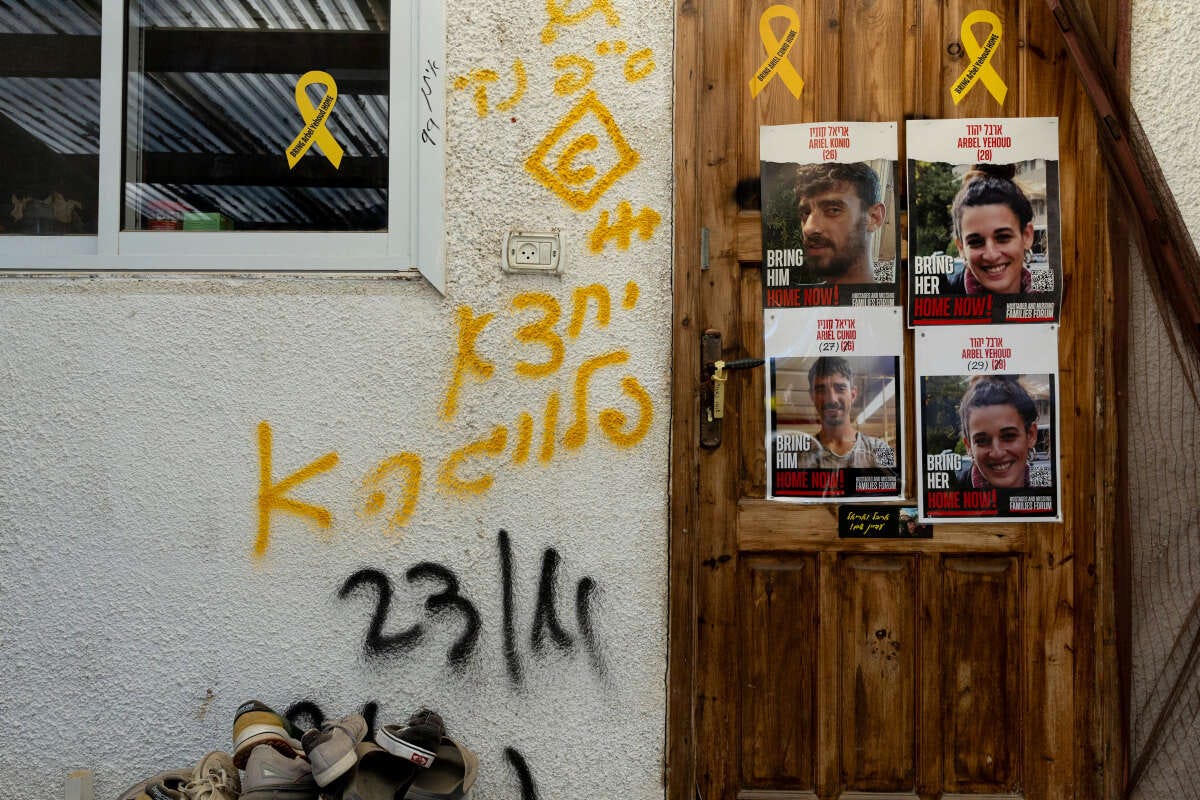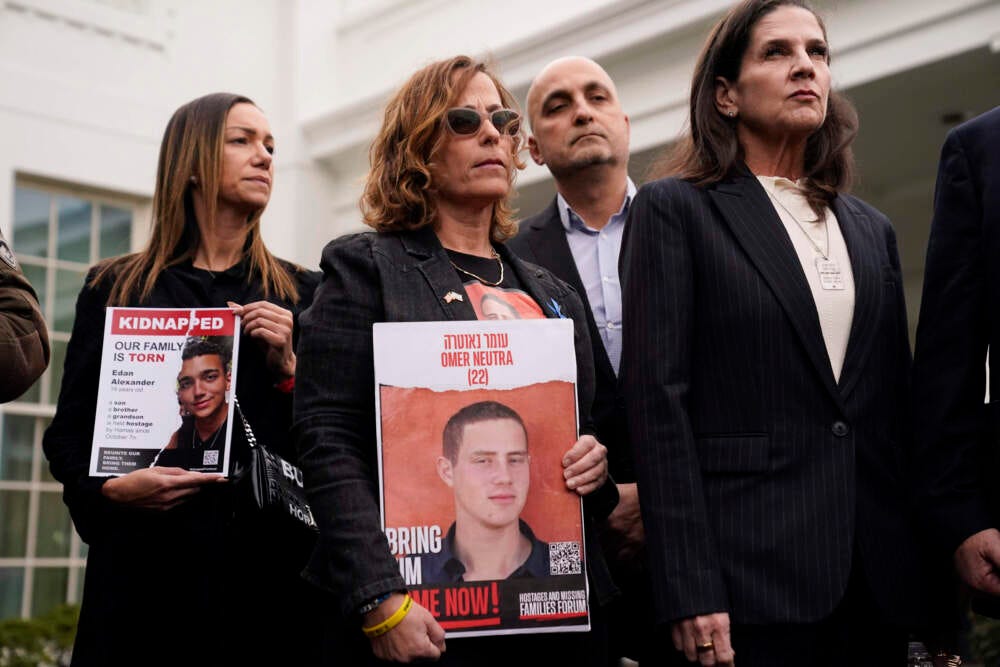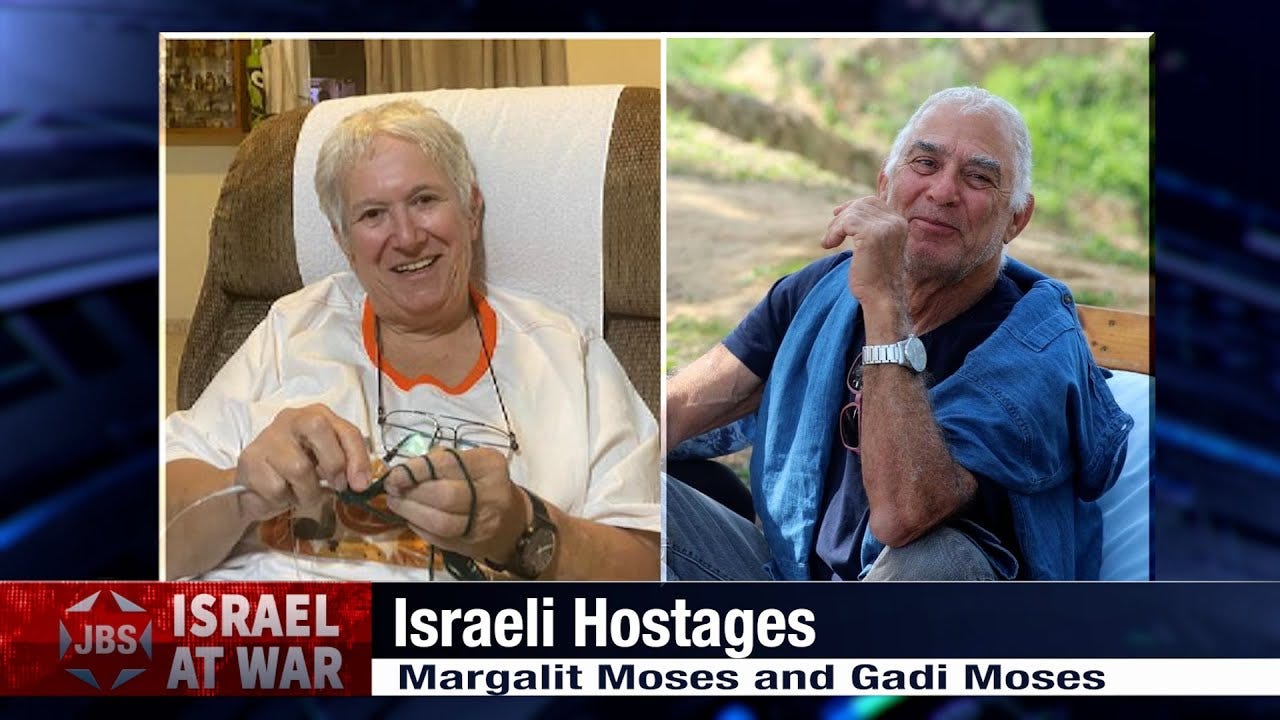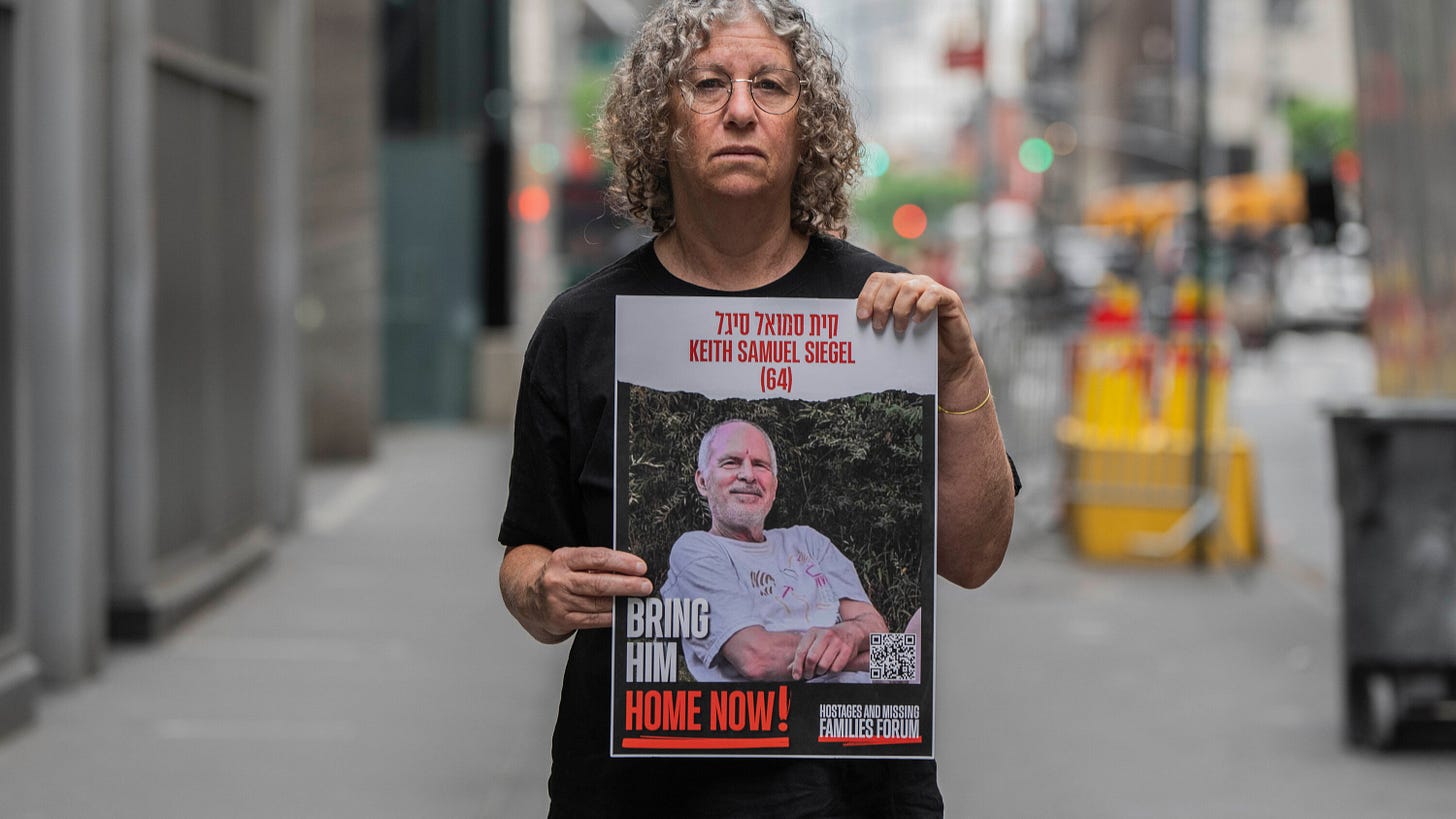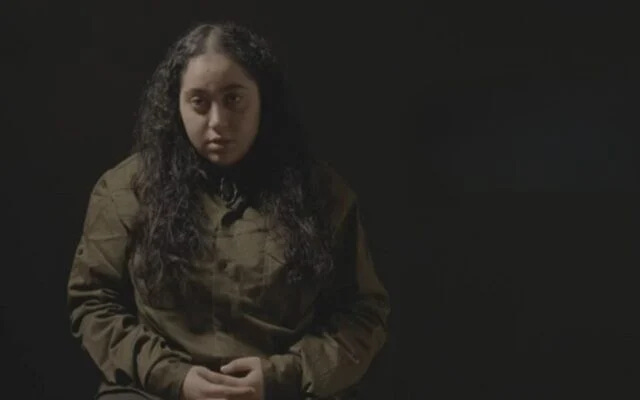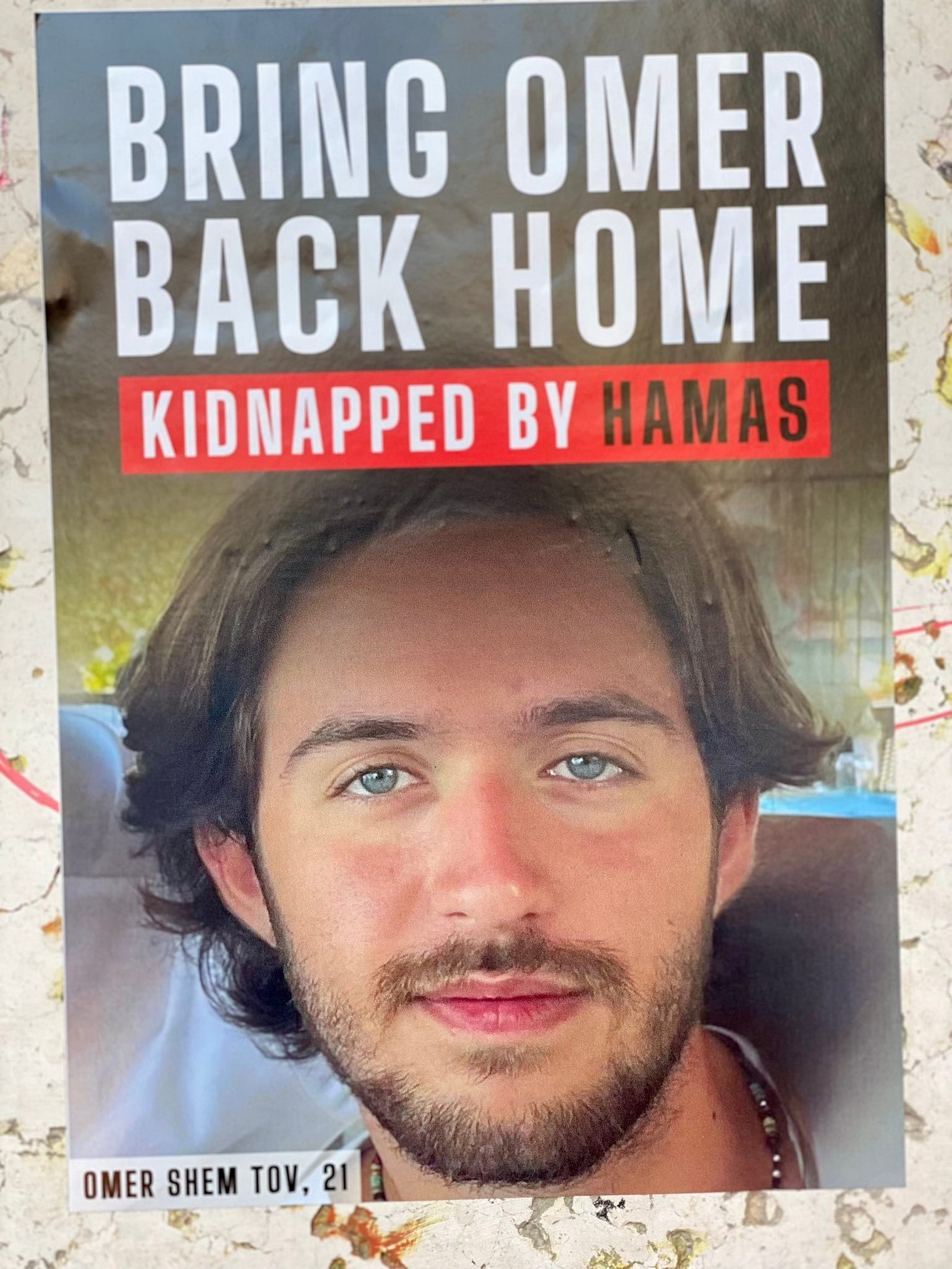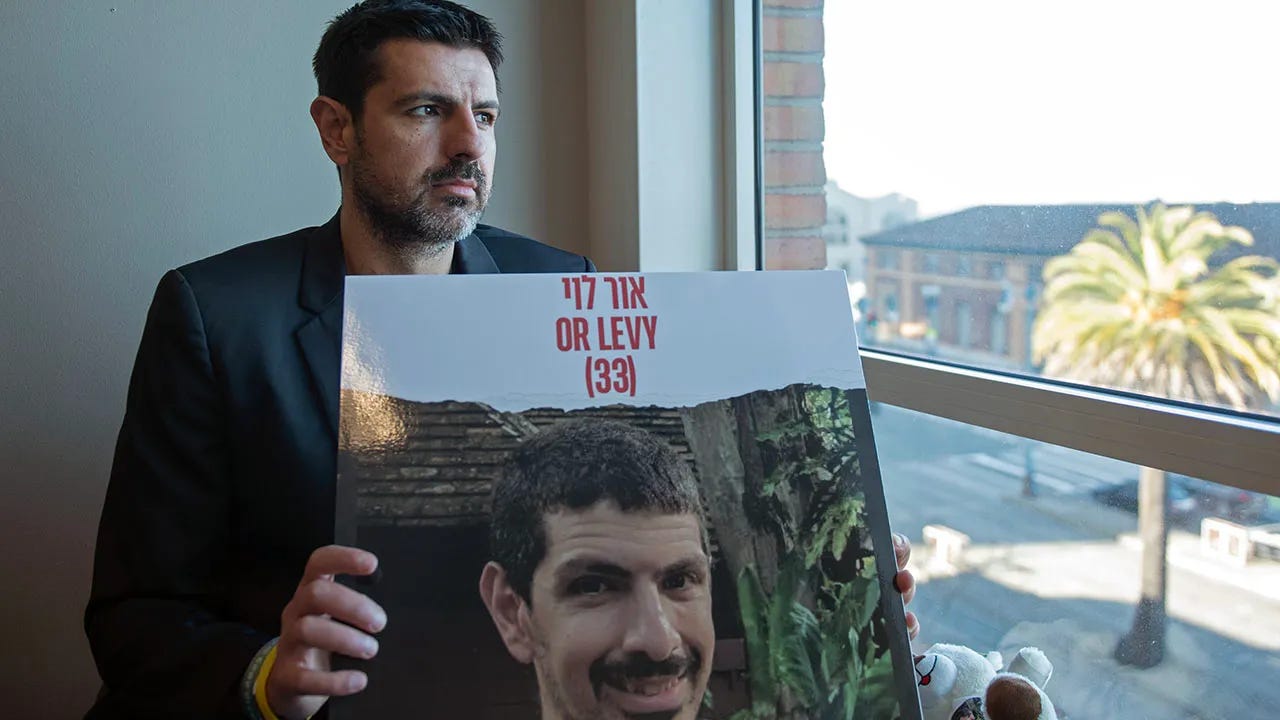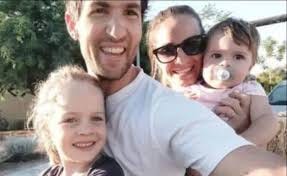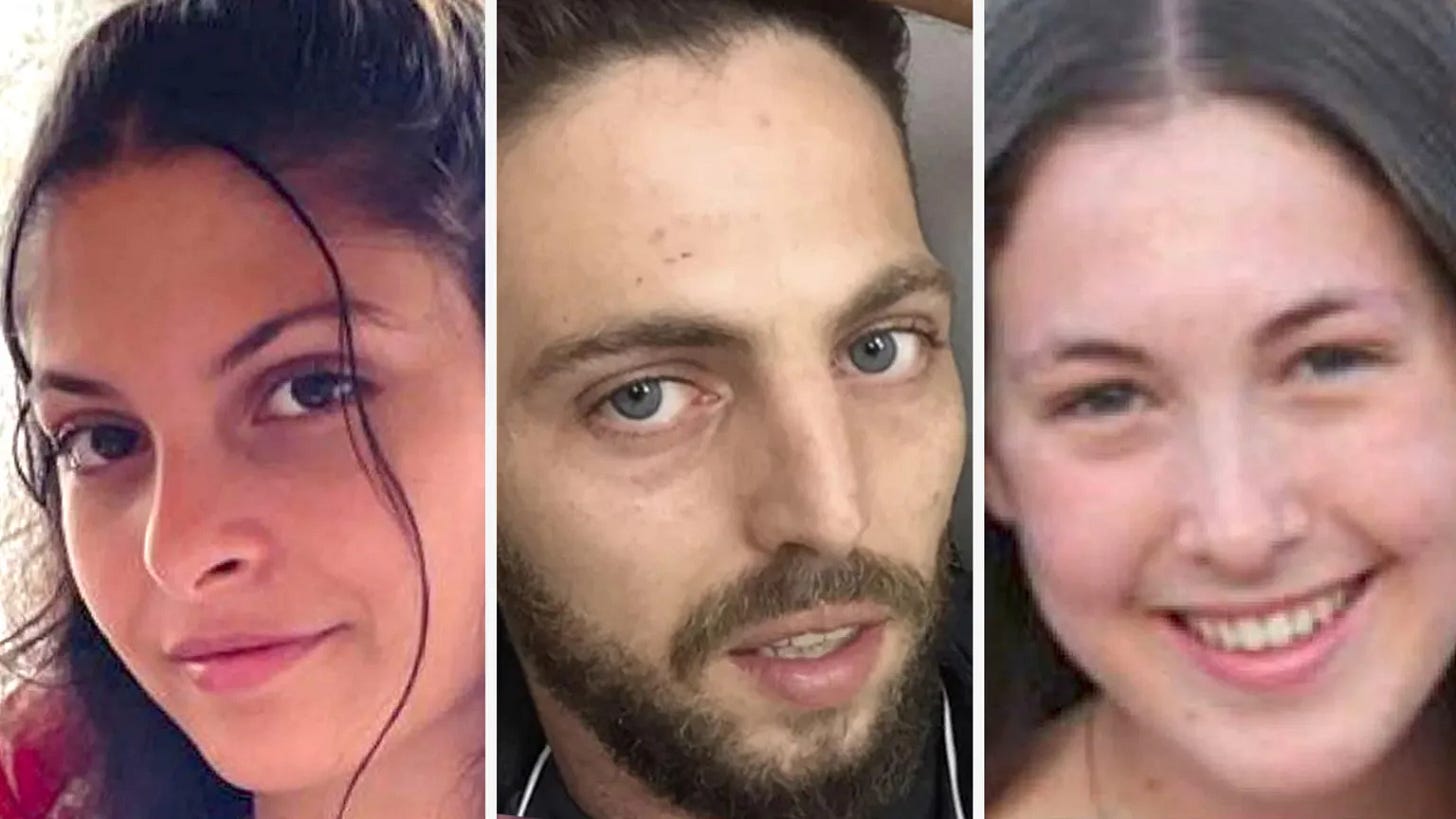A tight chest.
Each breath shorter than the one before.
Breathe.
A racing heart, beating too quickly to be healthy.
Checking the phone every few minutes. Is there news? Who messaged? Ask your wife: “Any update?” Ask your husband, “Hear anything?” Check with your children: “Have they announced anything in Israel yet? Are they coming home?”
With each update, disappointment, relief, elation, a feeling of isolation, of distance from your colleagues and neighbours who could not possibly understand what you are feeling, or what you are going through. A loss of focus and inability to engage in the world until we know: Are they coming home?
Together with the entirety of the Jewish world: we wait.
We wait to see a familiar face. To see whether there is a smile we recognize from a poster. From a placard. Can they smile? Will they ever smile again? Will we see the familiar red hair? The young and innocent eyes? Or the darkened face of a tortured soul? Come home. We will take care of you.
Are they coming home?
Look to our past. To our holiness, to find meaning. This week’s parsha (Torah portion), that we will recite in synagogues around the world on Saturday morning is the first chapter of the book of Exodus. What precedes an exodus? Captivity.
How does the chapter begin?
וְאֵ֗לֶּה שְׁמוֹת֙ בְּנֵ֣י יִשְׂרָאֵ֔ל
“These are the names of the children of Israel…”
Agam Berger
Sasha Trufanov
Alon Ohel
Arbel Yehud
Captive now for 470 days. The Torah portion echoes the names on our lips each morning when we awaken, and every night when we go to sleep. We have prayed for too long to see them again.
Ariel Bibas
Shiri Bibas
Yarden Bibas
Kfir Bibas.
Saturday is Kfir’s birthday. His second. He’s been a prisoner for both.
Is this how it’s supposed to feel? Is this how it has always felt? Waiting for Jews to be released from captivity?
We are not new at this. We are simply the latest in a long line waiting for Jewish men, women, elderly, and children, to be released. From captivity to slavery.
We are angry, too. Why does it feel like these captives have been forgotten by the world except for the Jews? Are they not human too? Is it because of what passport they hold? What their skin colour is? Their religion? The answer is yes. We feel anger.
Ariel Konio
Avraham Mengistu
Avinatan Or
Bar Kupershtein
The names of our brethren, once again hidden in the sands near Egypt. With a deep breath, they can smell the history of our people. The sand has a memory. It is familiar with our story.
Is this how it felt when Moses approached Pharaoh, and said - according to this week’s parsha - “Send forth my people, so that they may celebrate a festival in the wilderness.”
I read festival in the wilderness, and I think of the Reim Music Festival, where so much of this nightmare began. Not a result of release, but reason for captivity. This should never have been.
Bipin Joshi
Daniela Gilboa
David Konio
Doron Steinbrecher
Is this how it felt - a feeling of hope versus dread, overthinking, uncertainty, when the people of Israel waited for Pharaoh to deliver his verdict to Moses? When the first- born children of Egypt were executed, and the people of Israel were finally set free? Do you think they realized, as they crossed the Red Sea towards their Promised Land, that they would, once again, feel the dread of captivity, and the yearning to be freed?
Edan Alexander
Eitan Mor
Eitan Horn
Eliyahu Cohen
Is this how it felt by the Rivers of Babylon? Exiled from our homeland, our Temple in ruins, waiting for the wondrous King Cyrus - a Persian, of all people, the irony - to rise and return us to Eretz Yisrael? Did we praise God when we returned, and vow that our exile, our captivity, our bondage, would never happen again?
Eliyahu Sharabi
Elkana Bohbot
Emily Damari
Evyatar David
Gadi Mosez
In Spain, when Isabela and Ferdinand, like so many before them, also turned on their Jews, how did it feel to those abroad who heard of the Inquisition? About the Jews tortured and burned? Forced to recant their faith, the religion of Abraham and Sarah? Did we wait then, to see if they would be released from the grips of a Spanish monarchy, and even if they were, where could they go? The doors to England, France, Spain and Portugal would all be closed to them. Our options were dwindling. But we always looked eastward. We could always hope.
Gali Berman
Guy Gilboa-Dalal
Hisham al Sayed
Itzik Elgarat
Karina Ariev
Keith Siegel
What about the utterly altered perception of time, wherein time goes too fast and too slow, while waiting for our brothers or sisters to be released? Did French Jews feel the same when their brother Alfred Dreyfus was wrongfully convicted, sentenced to life on the Devil’s Island? Did they ever think they would see him again? Did it feel then, 130 years ago, as it feels today? Could they imagine that he would be let go? What would they need to give up this time?
Liri Elbag
Naama Levy
Maxim Herkin
Nimrod Cohen
Oded Lifshitz
What about the detention experienced in Mauthausen, Treblinka, Majdanek, Terezin, Auschwitz-Birkenau. Starved, exposed, mutilated, humiliated. As per tradition. Did those Jews in America, in Canada, in England, in Australia, South Africa, think they would ever live to see their European cousins alive again? See the day when Hatikvah would be sung outside the gates of Bergen Belsen? Was there still hope? Was it really not yet lost? Read the numbers tattooed on arms, or hear stories of redemption, rescue, and release?
Ofer Kalderon
Ohad Ben Ami
Ohad Yahalomi
Omer Shem Tov
Omer Wenkert
For decades, the Jewish people were held captive behind the Iron Curtain. Hiding their faith, lighting their candles and saying their blessings in hiding, like the Jews conquered by Antiochus 2,100 years prior. In the West, what did the Jews feel, waiting for their Russian, Ukrainian, Moldovan, and Belorussian to also be released? To finally be allowed to be Jews in public. To make their way to the Promised Land, to the State of Israel, that now existed to house, feed, clothe, and warm them. Is this how it felt then too?
Omri Miran
Or Levy
Pinta Nattapong
Pongsak Tanna
Rom Braslavski
Romi Gonen
In 1976, 105 Jews were once again held against their will in Africa. In Uganda, they found themselves a foreign people in a foreign place. But it was not a foreign concept: Jewish captivity, once again. Waiting to be freed. Is this how it felt then? Waiting for the “right” decision to be made? Would the Jewish State come to the rescue? Deciding whether to sacrifice Jewish soldiers’ lives? Would the sacrifice be worth it? Is this how it felt? Was that the bargain? Deep breaths, they will be free.
Sagui Dekel Chen
Sasiwan Pankong
Sathan Suwankam
Segev Kalfon
Shlomo Mansour
I remember when Gilad Shalit was kidnapped. 19 years ago. I remember when Eldad Regev and Ehud Goldwasser were taken too. I remember the shock and horror, that Israel could not guarantee the life and safety of every Jew on the planet, despite the hope that they would. That it could. That it should. I remember the hopeful words of their wives, and of Noam and Aviva Shalit, praying, begging, marching, and demanding that their son be returned. I remember the yearning. The sadness. The prayer. Being mortified of the numbers. I know math: 1,027 does not equal 1. But there was relief, and happiness, watching Gilad step off that plane into his father’s arms.
Surasak Lamnau
Tal Shoham
Tamir Nimrodi
Tsachi Idan
Yair Horn
Yosef Ohana
Watchara Sruian
These feelings are not new. We, the Jewish people, have suffered. We have been held against our will, captive, and have spent millennia waiting to be set free. We are a small people - only 15 million strong - but we are just that: strong. We are courageous. We are determined, we do not lose hope, and most importantly, we have faith. We have faith in our people. We have faith in our army. We have faith in our country, our God, our resolve, and in our determination, knowing that when we look back, we always manage to look forward. We have been here before. We may have to do it again. But we will survive.
470 days is an eternity. It is impossible to imagine what has transpired in Gaza’s dungeons over that time. How our brothers and sisters have suffered. How they have wept and prayed. How so many on the above-list have died, feeling abandoned and ashamed, perhaps not knowing that families have never stopped, that Israel still lives and thrives, striving every minute of every day to find them. Filled with regret for not bringing them home alive.
But the Jews are a people. We are a community of brothers and sisters, of fathers and mothers, or friends and partners, and we have a shared heritage. It is unique in the annals of history, as it is not normal to feel this way, again.
But as we will read on Saturday, these are the names of the children of Israel.
We hope to see them home, alive, soon. We hope to stop feeling this way.
Bring them home, so they may be comforted, and bring comfort to all the people of Israel.
Am Yisrael Chai





